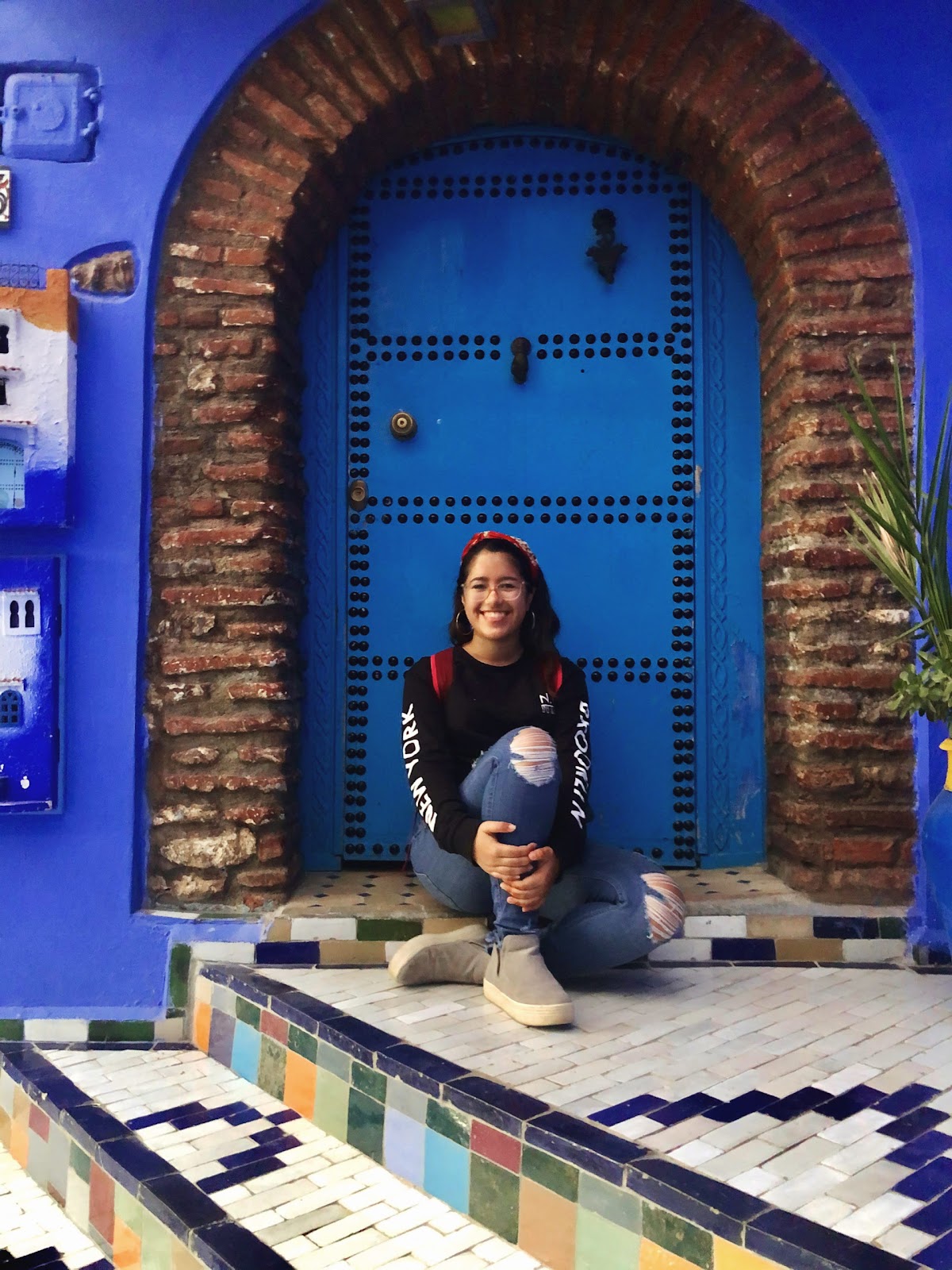Notes from the Field

Intern Spotlight: Alexandra Gulden
Jul 30, 2020
Name: Alexandra Gulden
University: Kenyon College
Major: International Studies
Expected Graduation Date: 2021
Hometown: New Orleans, Louisiana
Current Position: NHLA Women and Public Policy Intern
What brought you to where you are today?
The person who I look up to the most, and who has been my biggest supporter, is my tía. She raised my mother and helped raise my sister and I, so she’s always been more like my abuelita. In every struggle we’ve ever had, she’s always been there for us. Despite everything life has thrown at her, she is still the most compassionate and happiest person I know. When I told her about this internship, she smiled and said she was happy that somebody in our family was finally going into politics. I laughed and told her that wasn’t exactly the case, but it still felt good to make her proud.
“In envisioning what I want to do for the future, I always try to imagine how I could best serve my community. Could this benefit my tía, and all the tías and abuelitas like her? That motivates and drives me in everything that I do.”
What advice do you have for high school graduates who will be college freshmen this year?
Freshman year is a weird time—you may be living on your own for your first time, and trying to figure out how to balance your new freedom with your responsibilities. I can’t imagine how daunting it may feel right now, with colleges across the nation preparing for an adjusted academic calendar or to move back online. But no matter how scared you may feel, I promise it’ll be okay. My advice for making friends, and making the most out of your college experience, is simple: try new things. Join clubs you never would have even considered in high school, whether that be a club sport or an activist group. Try to meet new people from very different places and experiences than your own. If you can fit them into your schedule, take classes that have nothing to do with your major, but interest you. And if you can’t find what it is that you want to do, create it. Everything may seem overwhelming at first, but you’ll find your people eventually.
How do you find your community at a college that has a smaller Latino population?
I am lucky to go to a school with a very active Latinx student organization, of which I’ll be the president next year! Seeing if your institution has a similar club is a good first step, but you don’t need one to build a community. If your college offers courses by Latinx professors or about Latinx issues, try taking them when you can. Support campus events that focus on Latinidad, and if there aren’t any, petition your college for the funding to create them. Reach out to the only other Latinx student in your classroom, on your sports team, in the cafeteria. Not everybody is destined to be friends, but shared adversity has a way of bringing people together. If you’re ever feeling homesick, or have a serious case of imposter’s syndrome, then try going to the campus affinity group, and the office of diversity, if your college has one.
Why do you think it’s important to increase Latina representation in politics?
I believe that a democracy cannot truly be representative if it does not reflect the people it is meant to serve. Seventy-one percent of elected government officials in the U.S. are men, and 65% are white men. Compare that to women holding 29% of elected positions, and Latinos just 1.2%. That’s a massive power imbalance, and it has major ramifications for policy decisions on women’s health and reproductive rights, as well as the multitude of issues facing communities of color.
Without more Latinas in government, how can we expect issues to be resolved in a way that will actually benefit our communities?
Have you learned something in your internship that you didn’t know before?
Even though I’m conducting my internship remotely, I feel that I’ve learned a lot about what it’s like and what it means to work in Washington, D.C. I am constantly amazed with stories of how hard Latinas have worked to get to where they are today, and how hard they continue to work. In a job market that is often determined by who you know, women of color must work ten times as hard just to make it through the door. I feel I understand a bit better the forces behind such a large disparity in our nation’s government and politics.
What are some of your interests/hobbies?
In my free time, I like to read and write poetry and fiction. I also like learning about history, especially things that never came up in school. I love cooking and trying new recipes—it’s helped me feel like I’m connected to a wider world in quarantine. I’m determined to know as many languages as I can – right now I speak Spanish and am learning Arabic, and I hope to someday learn Japanese as well.
Do you have any hidden talents?
I don’t know if this is hidden per se, but I’m a published writer! If you google my name you’ll find my work on Acentos, Longleaf Review, and my self-published chapbook on Issuu.